“Why do these classes always have to be in the mornings?” asked a grumpy boy during a home economics class in junior high school. It was 8 a.m. and the morning was gloomy. In an instant though, the atmosphere changed – the students were given the challenge of designing a Suomi 100 pizza, to be delivered to a person they would not otherwise meet.
Haaste.io wants to solve the problem of how schools fail to recognise everyone’s strengths.
“It was wonderful to watch how this boy, possibly the most active in the class, watched the video challenge on his mobile phone and then right away downloaded the application. Then, together with his friend, he enthusiastically made the pizza and pedalled his bike to an ageing couple, both confined to wheelchairs,” says Mikko Kinnunen from Haaste.io.
Once they had finished the pizza, the boys told them they would come and visit again. The grandmother praised the boys and told them what smart young men they were. The boys headed back to school feeling proud.
Haaste.io wants to solve the problem of how schools fail to recognise everyone’s strengths, passions or talents. Two out of three young people suffering from social exclusion are boys. For example, if someone is technically inclined or whose hobby is repairing devices, such skills are not necessarily appreciated until secondary school. But for many this is too late, if the youngster has already abandoned the path of education.
Haaste.io is a mobile application where young people can complete challenges.
“I was shocked by the fact that a quarter of Finnish men do not work. Among them, there is certain to be latent expertise and talent. Finland is a small country where everyone’s gifts should be put to use. It is also important for well-being and happiness,” says Kinnunen.
Haaste.io is a mobile application where young people can complete challenges and also learn future skills and obtain encouraging feedback. For teachers, the challenges are tools for phenomenon-based learning, which is highlighted in the new education curriculum. For vocational schools, the application is a tool for when learning becomes competence-based.
Using Haaste.io, an environmental organisation may create a nature exhibition challenge and a biology teacher could add plant identification assignments to it, for example. One target group is companies, which can use the application to recruit the right people for the right positions.
“The idea is that artificial intelligence compiles expertise data on young people and may directly provide a tip about someone. Or you can target a hiring competition to a specific group,” says Kinnunen.
Companies will pay for the service; schools will not.
Haaste.io utilises existing digital Open Badges skill merits. The first prototype of the mobile platform is already available in the Android app store, Google Play.
What about the students that would have made the pizza even without the encouragement? For the active boy, there was no obstacle to going and visiting the ageing couple, but for someone else it could be difficult to go and meet a person with disabilities, for example. Through the challenges, users can find the areas where everyone can learn.
“They are tools for the teachers of heterogeneous classes for instructing the group in a way that inspires everyone. And when a person is inspired, they are also able to work through areas where they may not be so strong,” according to Kinnunen.
“If we can discover everyone’s gifts, it could potentially also help with Finland’s declining PISA survey results. Fewer young people would drop out of school, poor decisions could be avoided and schools would obtain the right students. Young people would also discover their interests and strengths, their own place in life.”



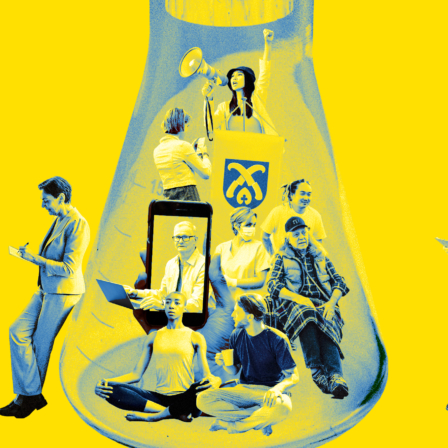
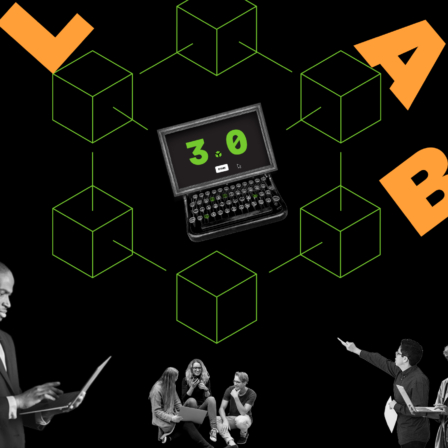
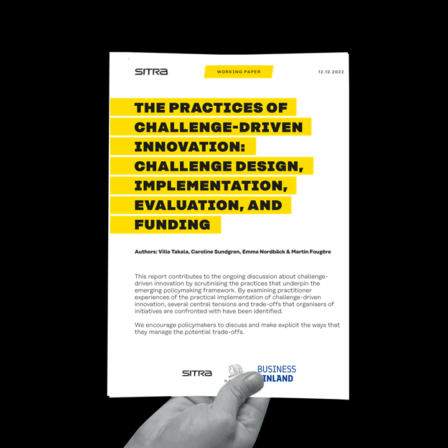
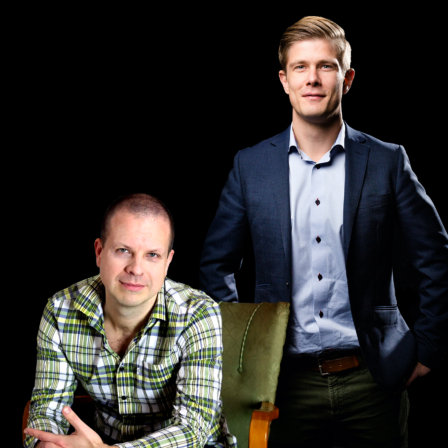

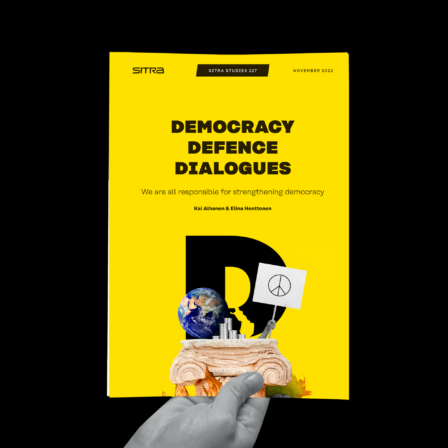


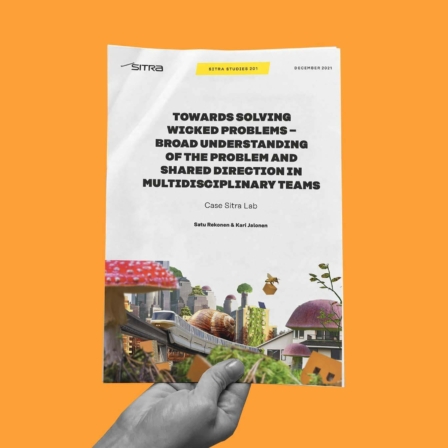



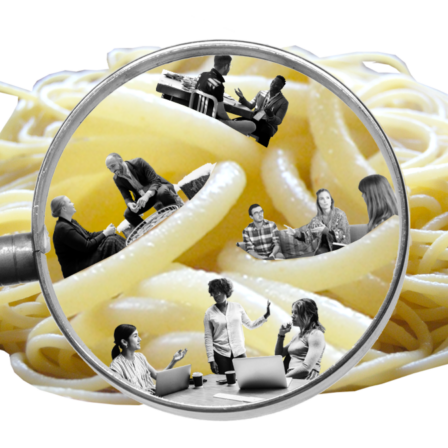
Recommended
Have some more.